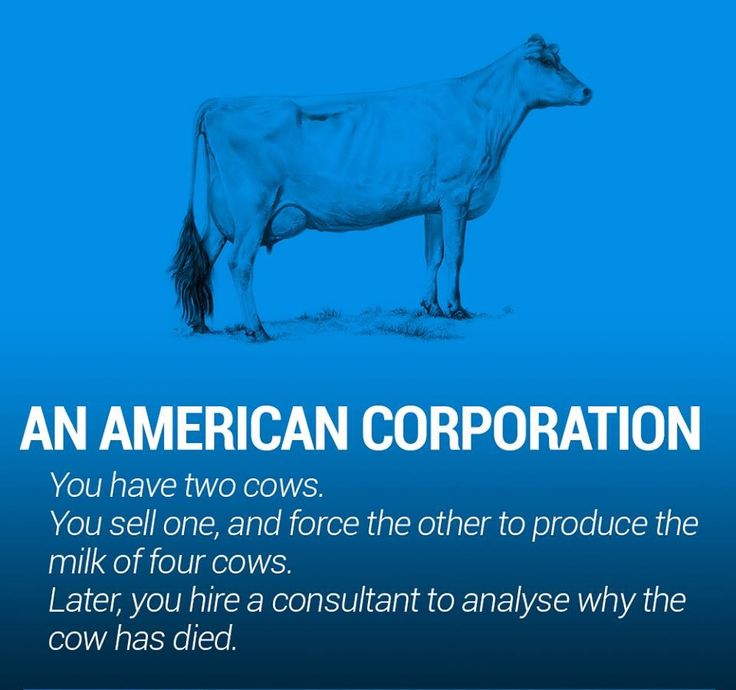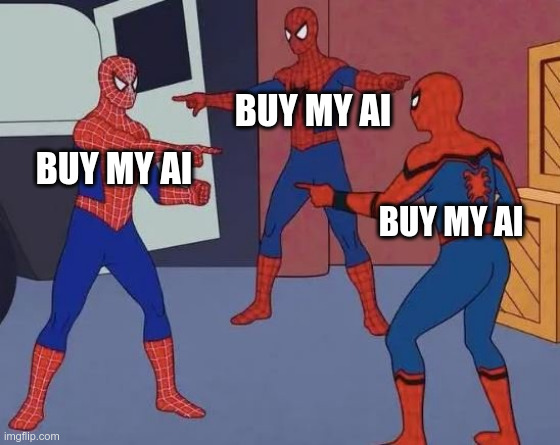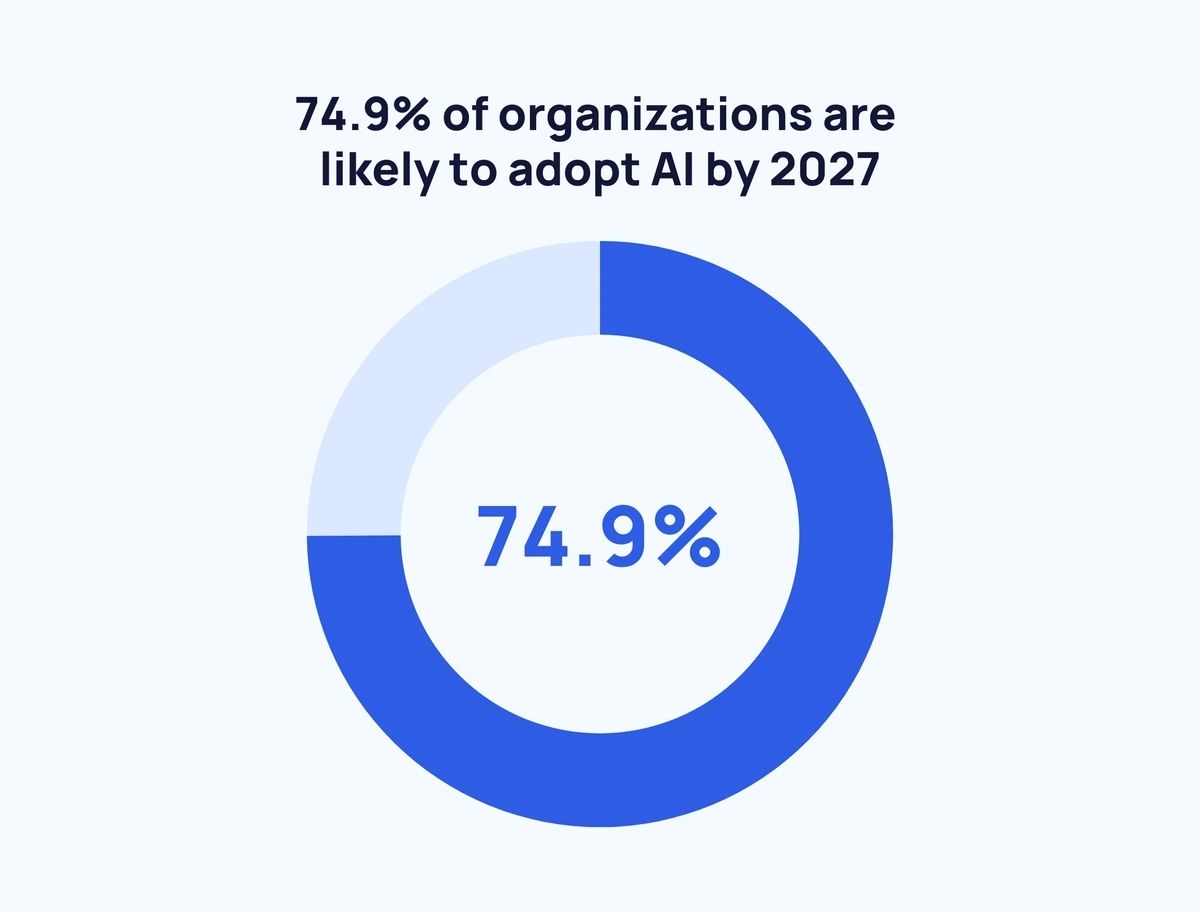erek
[H]F Junkie
- Joined
- Dec 19, 2005
- Messages
- 11,308
Ai = Bitcoin buzz  imo
imo
“There’s also a longer-term worry that AI could dent the software-as-a-service business altogether. Most computer applications are charged per user, so revenue growth is premised on corporate customers continuing to hire.
But one of the main pitches of AI is efficiency – you need fewer customer service reps to serve the same user base, for example. Not all companies will reinvest labor savings into hiring more people. Job losses will hurt future growth for software based on “seats,” the number of workers using it.
Kash Rangan, an analyst at Goldman Sachs, posed the question to Adobe’s management during an earnings call last week. “Will generative AI be so good that it’s the end of the creative process — so we don’t need creative folks,” he asked, noting it was a major point of debate for investors.
Since AI will make software easier to use, it will expand the customer base, replied Chief Executive Officer Shantanu Narayen. As for hardware and infrastructure getting all the attention in this wave of AI spending, the veteran Adobe CEO said that customer focus will eventually swing back to use of AI within applications, or else all that investment in chips and servers wouldn’t have been worth it.”
Source: https://www.bloomberg.com/news/news...struggle-to-make-money-from-boom-in-ai-demand
“There’s also a longer-term worry that AI could dent the software-as-a-service business altogether. Most computer applications are charged per user, so revenue growth is premised on corporate customers continuing to hire.
But one of the main pitches of AI is efficiency – you need fewer customer service reps to serve the same user base, for example. Not all companies will reinvest labor savings into hiring more people. Job losses will hurt future growth for software based on “seats,” the number of workers using it.
Kash Rangan, an analyst at Goldman Sachs, posed the question to Adobe’s management during an earnings call last week. “Will generative AI be so good that it’s the end of the creative process — so we don’t need creative folks,” he asked, noting it was a major point of debate for investors.
Since AI will make software easier to use, it will expand the customer base, replied Chief Executive Officer Shantanu Narayen. As for hardware and infrastructure getting all the attention in this wave of AI spending, the veteran Adobe CEO said that customer focus will eventually swing back to use of AI within applications, or else all that investment in chips and servers wouldn’t have been worth it.”
Source: https://www.bloomberg.com/news/news...struggle-to-make-money-from-boom-in-ai-demand
![[H]ard|Forum](/styles/hardforum/xenforo/logo_dark.png)



